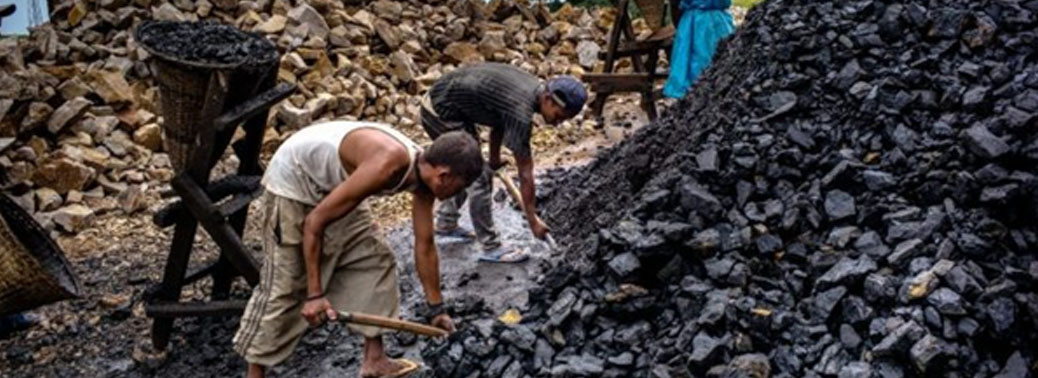MINES AND MINERAL LAWS (AMENDMENT) BILL
09, Mar 2020

Prelims level : Resources
Mains level : GS-II Government policies and interventions for development in various sectors and issues arising out of their design and Implementation.
Why in News?
- The Lok Sabha has recently passed the Mineral Laws (Amendment) Bill which amends the Mines and Minerals (Development and Regulation) Act, 1957 (MMDR Act) and the Coal Mines (Special Provisions) Act, 2015 (CMSP Act).
Who Grants Permission for Mining?
- The state governments grant permission for mining, known as mineral concessions, for all the minerals located within the boundary of the state, under the provisions of the Mines and Minerals (Development and Regulation) Act, 1957 and Mineral Concession Rules, 1960.
- However, for minerals specified in the First Schedule to the Mines and Minerals (Development and Regulation) Act, 1957, Central government approval is necessary before granting the mineral concession.
- Minerals specified under the First Schedule include hydrocarbons, atomic minerals and metallic minerals such as iron ore, bauxite copper ore, lead precious stones, zinc and gold.
Key Features of the Bill:
- Allocation of coal/lignite blocks for composite prospecting licence cum mining lease has been provided.
- Requirement of previous approval in cases where allocation of blocks was made by Central Government has been dispensed with.
- Removal of restriction on end-use of coal: Companies will be allowed to carry on coal mining operation for own consumption, sale or for any other purposes, as may be specified by the Central Government.
- Transfer of statutory clearances to New Bidders:The Bill provides that the various approvals, licenses, and clearances given to the previous lessee will be extended to the successful bidder for a period of two years. During this period, the new lessee will be allowed to continue mining operations.
- Advance Action for Auction:Under the MMDR Act, mining leases for specified minerals (minerals other than coal, lignite, and atomic minerals) are auctioned on the expiry of the lease period. The Bill provides that state governments can take advance action for auction of a mining lease before its expiry.
What are its Significance?
- This will speed up the process of implementation of projects, ease of doing business, simplification of procedure and benefit all the parties in areas where minerals are located.
What are its Implications?
- This opens up the sector to players outside steel and power as well as removes end-use restrictions.
- It will create an efficient energy market and bring in more competition as well as reduce coal imports. India imported 235 million tonnes (mt) of coal last year, of which 135 mt valued at Rs 171,000 crore could have been met from domestic reserves.
- It might also put an end to Coal India Ltd’s monopoly in the sector.
- It would also help India gain access to high-end technology for underground mining used by miners across the globe.
What is the Target for New Mining?
- In 2018, the government allowed commercial mining by private entities and set a mining target of 1.5 billion tonnes by 2020. Out of this, 1 billion tonnes was set to be from Coal India, while 500 million tonnes was to be from non-Coal India entities. This target has now been revised to 1 billion tonnes by 2023-24.






